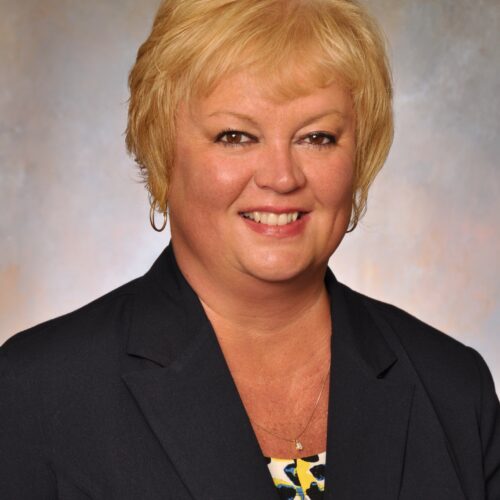Organization: Caregiving.com
Highlights: When you care for a family member or friend, we care for you. We’re a community of supportive individuals caring for a family member or friend. We care for parents, spouses, siblings, grandparents and anyone we consider family. We care for you before, during and after caregiving. Create your free account to join our daily, weekly and monthly chats, to start your blog and to connect with others who understand.




